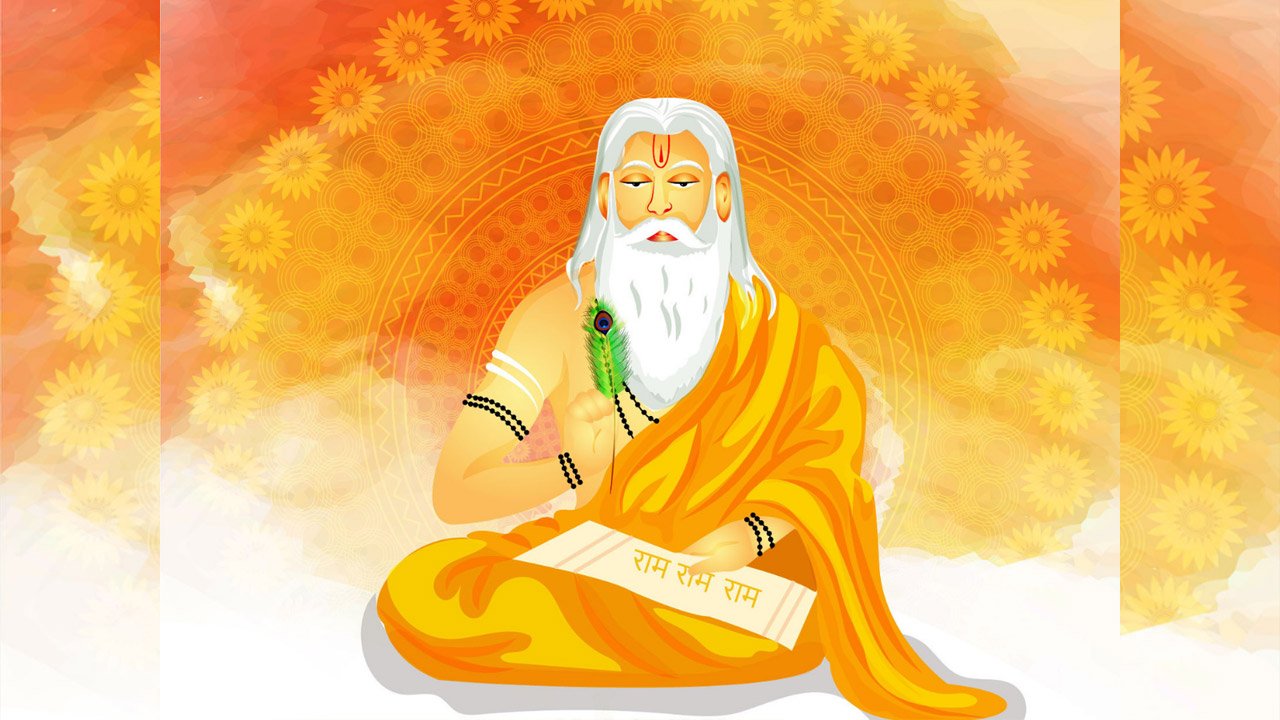Guru Poornima is being celebrated with zeal and fervour all across the nation on Sunday.
However, are you aware of reasons why we have been celebrating this festival since ages and centuries? Do you know the significance and history of this festival?
If no, we are here sharing the glorious history of this festival, exploring reasons why this festival has been celebrated in our country since decades.
A glance into some interesting facts:
Guru Poornima has a deep meaning hidden in its name: Guru Poornima in itself is a paradoxical term, with ‘Gu’ meaning darkness and ‘ru’ standing for the removal of darkness. Thus, a guru is believed to be someone who removes all darkness from our lives.
Teachers in different parts of the world are respected on this day: People of different age groups pay respect to teachers all over the country. In Nepal, this auspices day is celebrated as Teacher’s Day. In fact, gurus, including spiritual to secular ones, are being given all due respect on this auspicious day.
Lord Buddha gave his first sermon on this day: It is believed that Lord Buddha gave his first sermon on this day. Buddha went from Bodhgaya to Sarnath, Uttar Pradesh after five weeks of achieving enlightenment under the Bodhi tree, where he gave the sermon on the full moon day. The followers of Buddha hence celebrate Guru Poornima to worship him.
Shiva transmitted Yoga learning to his disciples: Even Lord Shiva, it is believed, did transmit the learning of yoga to his disciples, the ‘Saptarishis’ or seven sages on this day.
Ved Vyas, author of Mahabharata was born on this day: Guru Purnima is also called as Vyasa Purnima. as it is believed that Ved Vyasa, the author of Mahabharata was born, on this day who is a pioneer of the guru-shishya tradition.


